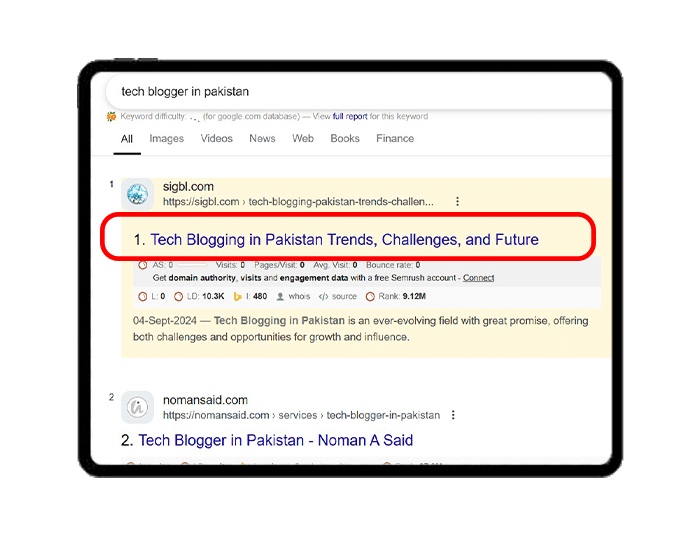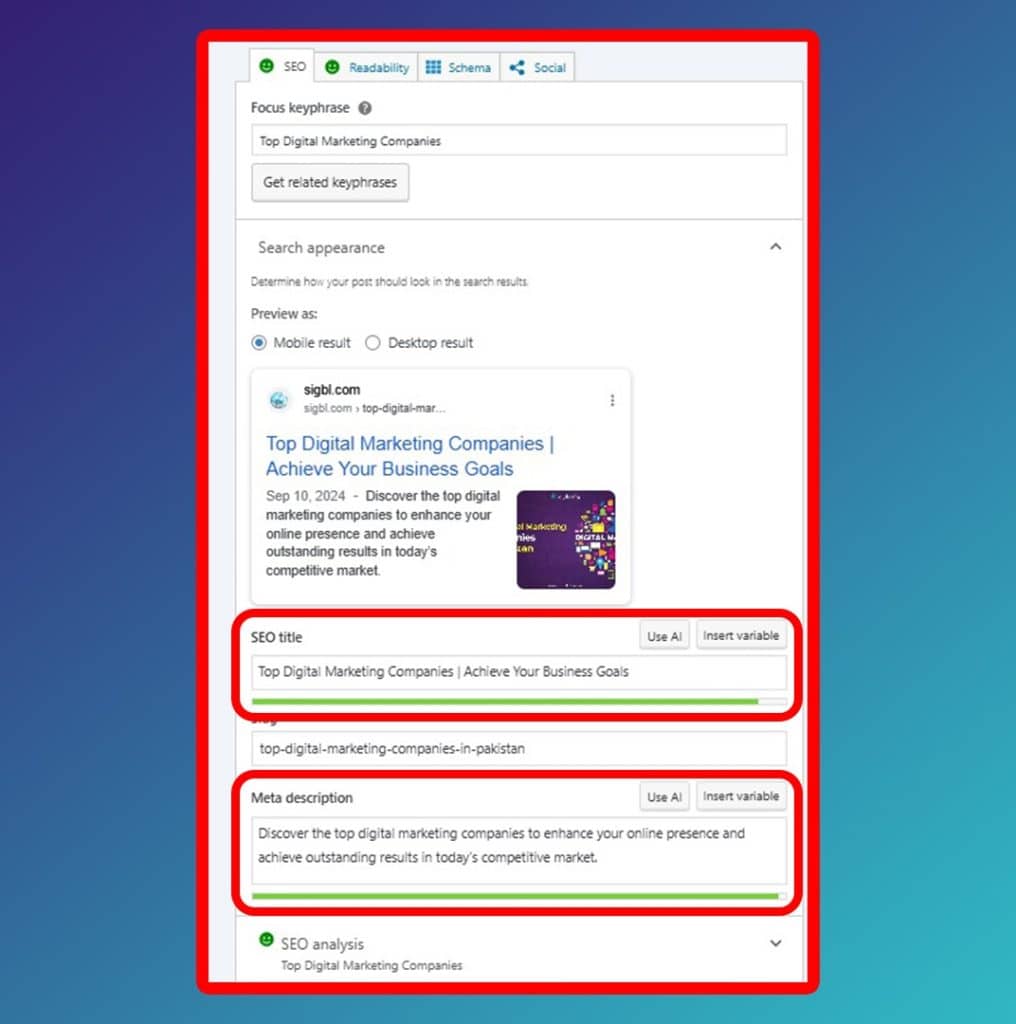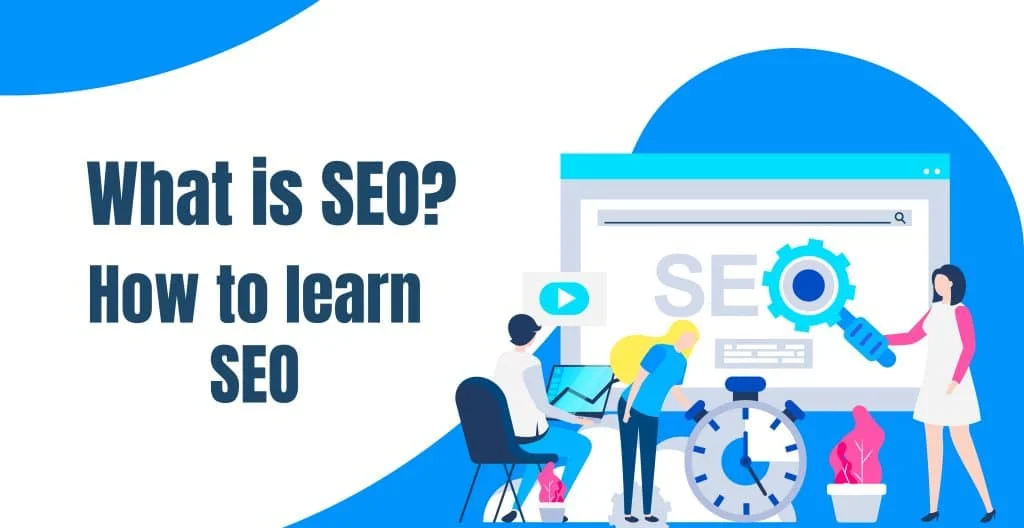What is SEO ?
Enhancing your website to rank higher in search engines like Google is known as search engine optimization, or SEO. The goal is to ensure your website shows up when people search for topics related to your business, which helps in bringing more visitors. When you conduct SEO correctly, your website appears in search results when people are looking for the products or services you offer. SEO search engine optimization involves enhancing a variety of elements of your website, such as the content and its structure, which makes it simpler for search engines to understand what your site is about.
Why SEO Matters
Search engine optimization is crucial it makes your website easier to find. More visitors will click on your website if it has a higher ranking. In addition to increasing traffic, this also builds user trust. Websites that appear on Google’s first page are trusted by users. By implementing search engine optimization techniques and knowing what SEO optimization is, you can make your website more visible, helping you reach a larger audience organically.

How is SEO Different from Search Engine Marketing and Pay-Per-Click?
You may frequently hear the terms SEO, Search Engine Marketing (SEM), and Pay-Per-Click (PPC), despite their similarities, but they’re not the same thing.
- Improving your content, website structure, and getting links from other websites are all part of SEO, which aims to rank your website organically. To gradually improve your rankings, a search engine optimization agency can assist you in creating and implementing these tactics into practice.
- SEM is a more general phrase that covers all the ways you can market your site on search engines. It covers both SEO (the free, organic approach) and paid advertisements (such as PPC).
- PPC is when you pay for the ads that appear at the top of search results. You pay each time a user clicks on your advertisement.
Why is SEO Important?
SEO is important because it makes your website easier to find. Think about it: when someone searches for something online, they’re usually looking for answers. Your website will be more likely to appear when people search for topics related to your business if it is optimized for search engine optimization. The following justifies investing in SEO:
1) More Traffic: People are more likely to visit your website if you rank higher.
2) Cost-effective: SEO doesn’t charge for each click, unlike paid ads.
3) Credibility: Websites that rank higher in search results are seen as more trustworthy by users.
4) Long-Term Results: : Good SEO techniques can continue to drive traffic for months or even years.
5) Better User Experience: SEO is more than just ranking. Additionally, it makes your website easier to use and makes it easier for users to find what they’re looking for.
Benefits of SEO
- Increased Visibility: Effective search engine optimization marketing helps your site appear on the first page of search results, driving organic traffic.
- Improved User Experience: Search engine optimization tips often focus on improving the user interface and making sure that your site is both user-friendly and search engine-friendly.
- Local SEO: Understanding what is local SEO and implementing it can help businesses connect with nearby customers, improving local search visibility.
Types of SEO:
There are three main types of SEO that you need to focus on to improve your website’s ranking: On-Page SEO, Technical SEO, and Off-Page SEO.
On-Page SEO
On-page SEO is about optimizing the content and structure of your website. This means using the right keywords, making sure your content is easy to read, and organizing it in a way that helps search engines understand what each page is about. To improve on-page SEO optimization, focus on these elements:
- Keywords: Choose the right words that people are searching for and use them in your content.
- Content: Your content should be valuable and answer the questions people are asking. Ensure your content addresses what is search engine optimization and provides valuable information.
- Website Structure: Make sure your website is easy to navigate and user-friendly, which also helps with SEO optimization.

Technical SEO
Technical SEO refers to optimizing your website’s backend so that search engines can crawl and index your site easily. Technical SEO techniques can include improving site speed, mobile-friendliness, and making sure your site is secure (HTTPS).
Off-Page SEO
Off-page SEO involves improving your website’s reputation by gaining links from other reputable websites. This is an important aspect of search engine optimization marketing, as high-quality backlinks can significantly improve your search engine rankings.
How to Learn SEO
Learning SEO is an ongoing process, and it’s important to keep up with the latest search engine optimization techniques. There are many resources available online, from blogs and forums to SEO search engine optimization courses and certifications. If you’re just starting with SEO, don’t worry—here’s how you can begin your journey:
Master the Basics
Begin by understanding how search engines work and what factors influence rankings. Google’s SEO Starter Guide is a great resource to kick things off.
Enroll in SEO Courses
There are numerous free and paid courses available online. Websites like Udemy and Coursera offer comprehensive training to deepen your knowledge.
Read Blogs and Follow SEO Authorities
Stay updated by following SEO experts and reading their blogs, such as Neil Patel, Moz, and Ahrefs. This will keep you informed about the latest SEO strategies and changes.
Practice What You Learn
Apply the SEO strategies you learn to your own website or blog. Hands-on experience is key to understanding which tactics are effective.
Engage with SEO Communities
Join forums, participate in discussions, and attend webinars to learn from others, whether they’re just starting or are already SEO professionals.
Conclusion
Whether you’re asking “What is SEO?” or exploring what is local SEO, investing in SEO search engine optimization is crucial for your website’s growth. By improving on-page, technical, and off-page SEO, you can increase your site’s rankings, attract more traffic, and build lasting trust with your audience.


